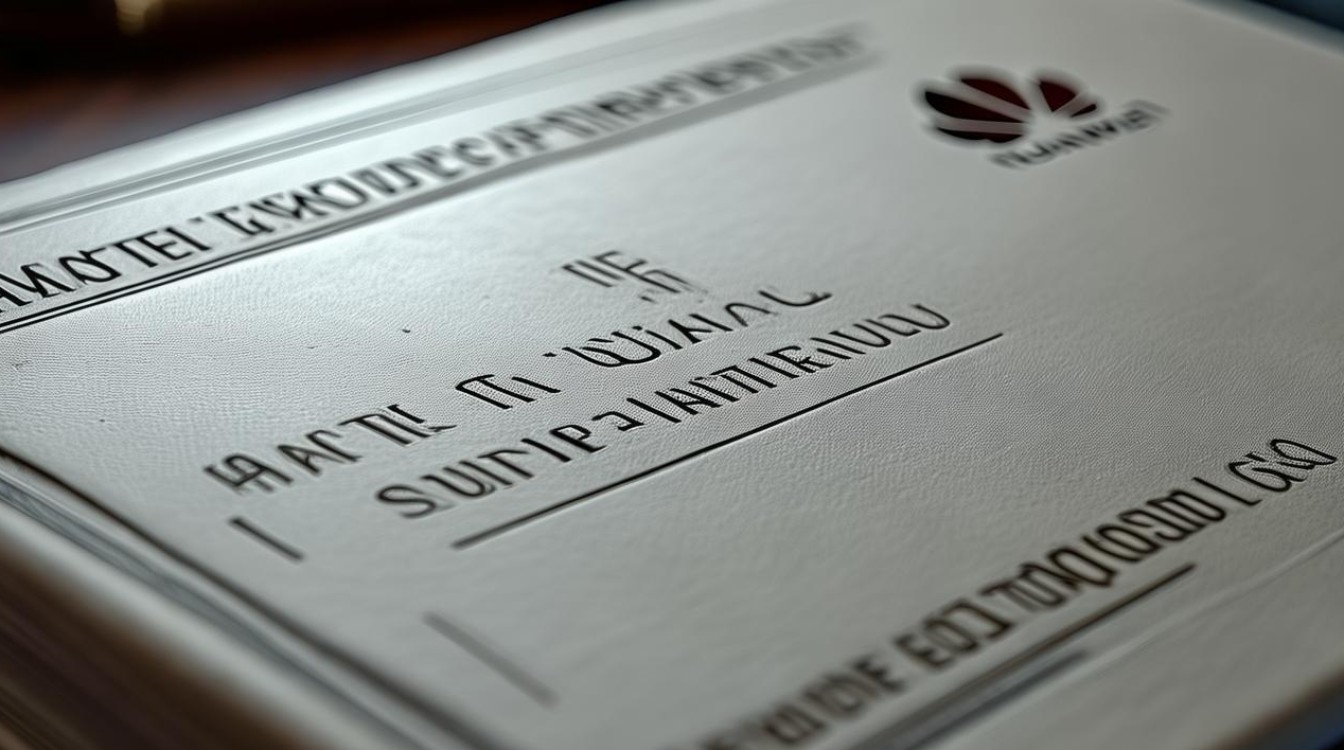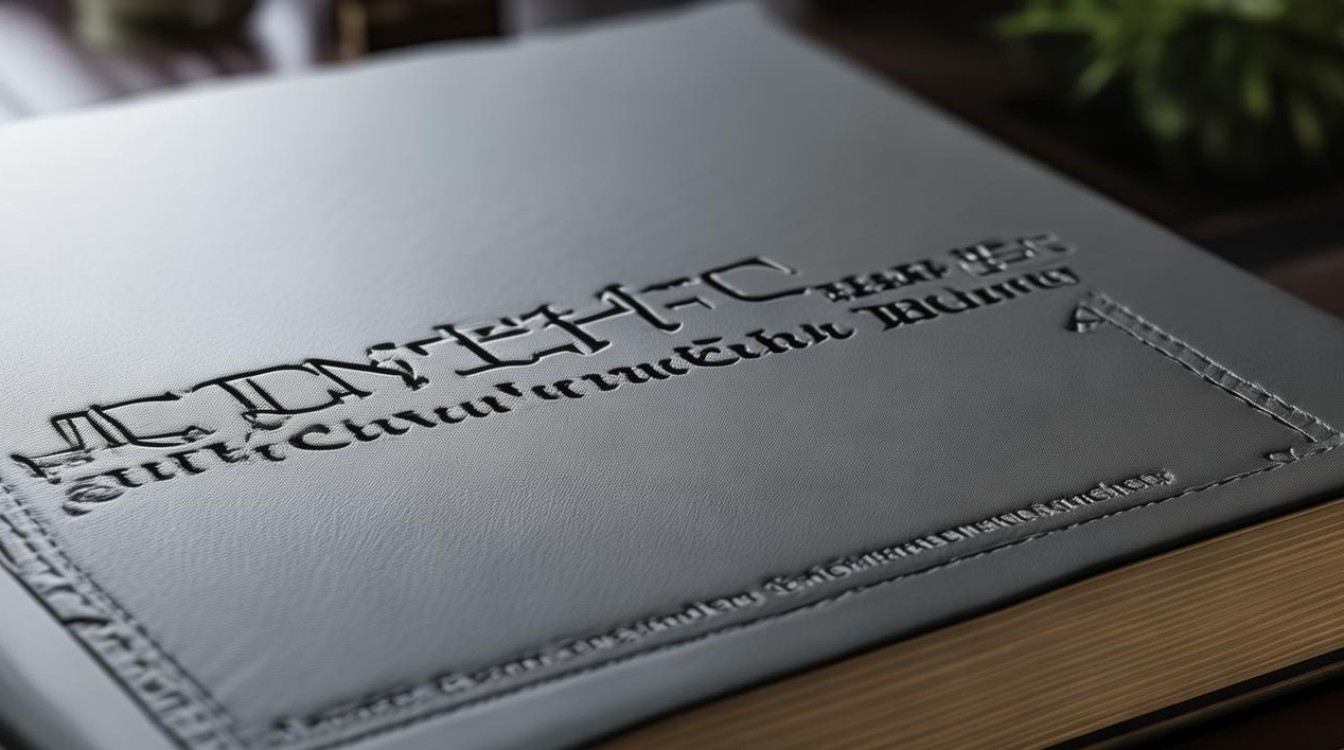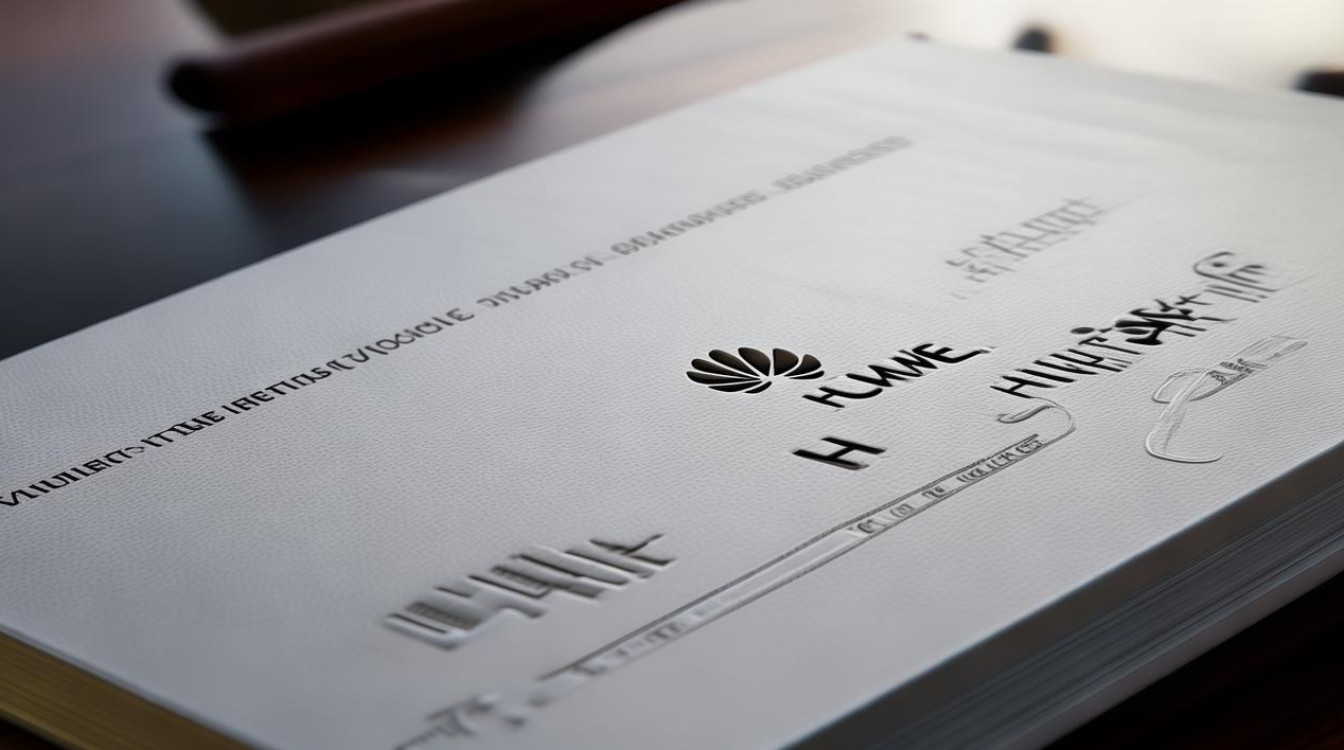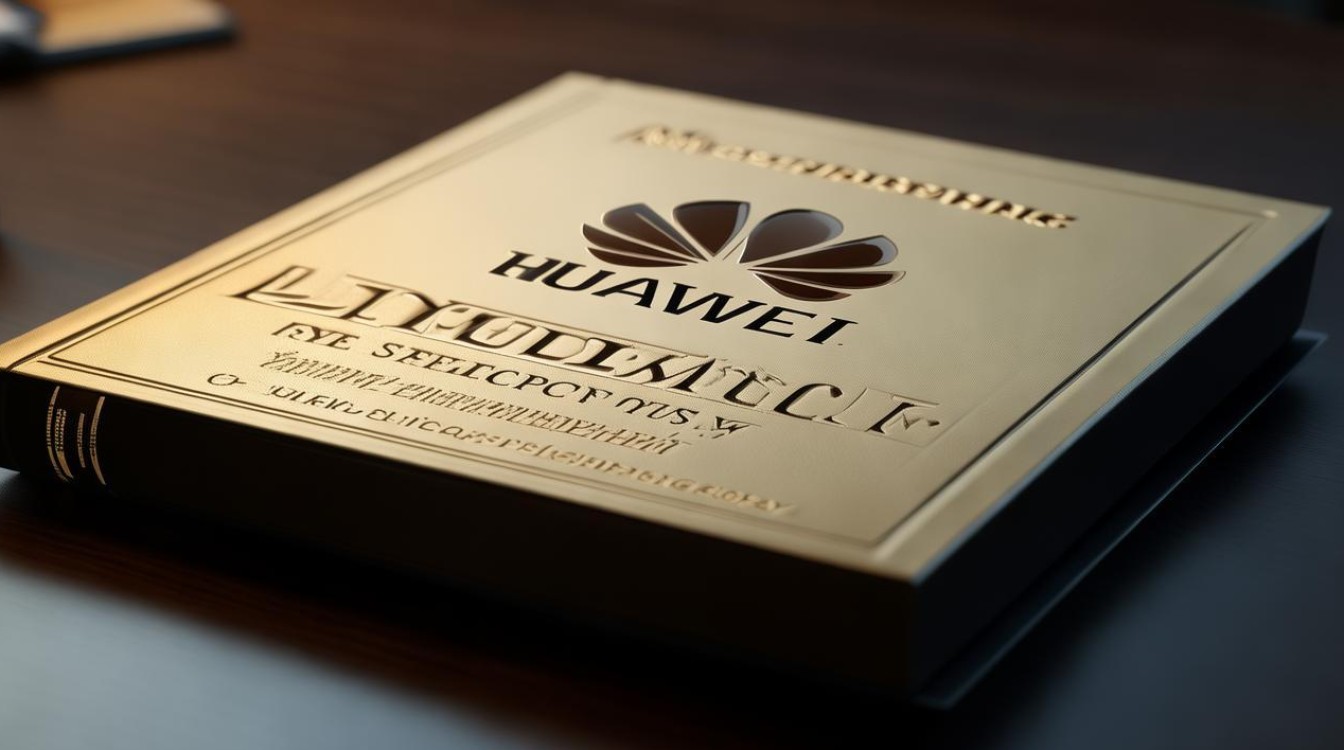Landing a role at Huawei’s service division requires more than technical expertise—it demands strong communication skills, particularly in English. Many candidates underestimate the importance of the written assessment, especially the English essay portion. This section isn’t just about grammar; it evaluates clarity, problem-solving, and alignment with Huawei’s values.

Understanding Huawei’s Evaluation Criteria
Huawei looks for three core qualities in written responses:
-
Technical Precision – Even in an essay, your ability to articulate solutions matters. Avoid vague statements. Instead of writing, “Good service solves problems,” specify: “Proactive network diagnostics reduce downtime by 30%.”
-
Cultural Fit – Huawei prioritizes resilience and customer-centric innovation. Reference their “以客户为中心” (customer-first) philosophy when discussing service scenarios.
-
Language Proficiency – Fluent English is non-negotiable for global roles. Demonstrate range with varied sentence structures, but avoid overly complex jargon.
Structuring Your Essay for Impact
A high-scoring response follows this framework:

Introduction (100–150 words)
Open with a relevant statistic or quote. For example:
“With 700 million global users relying on Huawei’s services, excellence isn’t an option—it’s a mandate.”
Clearly state your thesis: How your skills address Huawei’s challenges, like cross-cultural support or 5G maintenance.
Body Paragraphs (400–500 words total)
-
Problem-Solving
Describe a service challenge (e.g., handling a delayed shipment). Use the STAR method:
Situation: A Brazilian client’s 5G equipment was stuck in customs.
Action: Collaborated with logistics to expedite clearance while updating the client hourly.
Result: Delivery within 48 hours; client renewed their contract. -
Technical Adaptation
Highlight how you’d troubleshoot a Huawei-specific issue, like configuring EulerOS for a legacy system. -
Customer Empathy
Share an example where you turned frustration into trust. Metrics matter: “Implemented a feedback loop that improved CSAT scores by 22%.”
Closing (100–150 words)
Reinforce your fit with Huawei’s mission. Example:
“In a world where technology evolves daily, Huawei’s commitment to reliable service mirrors my own dedication to lifelong learning—whether mastering AI-driven diagnostics or Mandarin to better serve APAC clients.”

Vocabulary and Style Tips
-
Use Active Voice
Weak: “Mistakes were made in the rollout.”
Strong: “I identified a configuration error during rollout and led the patch deployment.” -
Huawei Keywords
Incorporate terms like “end-to-end service,” “seamless integration,” or “Lean Service Management” naturally. -
Avoid Clichés
Replace “think outside the box” with specific actions: “Designed a dual-language knowledge base to reduce resolution time for Spanish-speaking partners.”
Common Pitfalls to Avoid
-
Generic Statements
Huawei’s interviewers read hundreds of essays. Differentiate yourself with quantifiable achievements. -
Ignoring Local Context
If applying for a regional role, research local pain points. For example, European clients prioritize GDPR compliance—mention relevant experience.
-
Overlooking Grammar
Minor errors undermine credibility. Tools like Grammarly help, but human proofreading is essential.
Practice Prompts
Simulate real interview questions:
- “Describe a time you resolved a conflict between technical feasibility and customer expectations.”
- “How would you improve Huawei’s onsite service delivery for rural areas?”
For the second prompt, a strong answer might detail using drone logistics for spare parts delivery, citing Huawei’s existing partnerships with DJI.
Final Thoughts
The essay is your chance to showcase strategic thinking beyond your resume. Huawei values candidates who blend technical depth with emotional intelligence—the engineer who can explain a fiber-optic fault to a frustrated hotel manager in simple terms. Write with precision, passion, and a clear link to Huawei’s global vision, and you’ll stand out in a competitive field.

